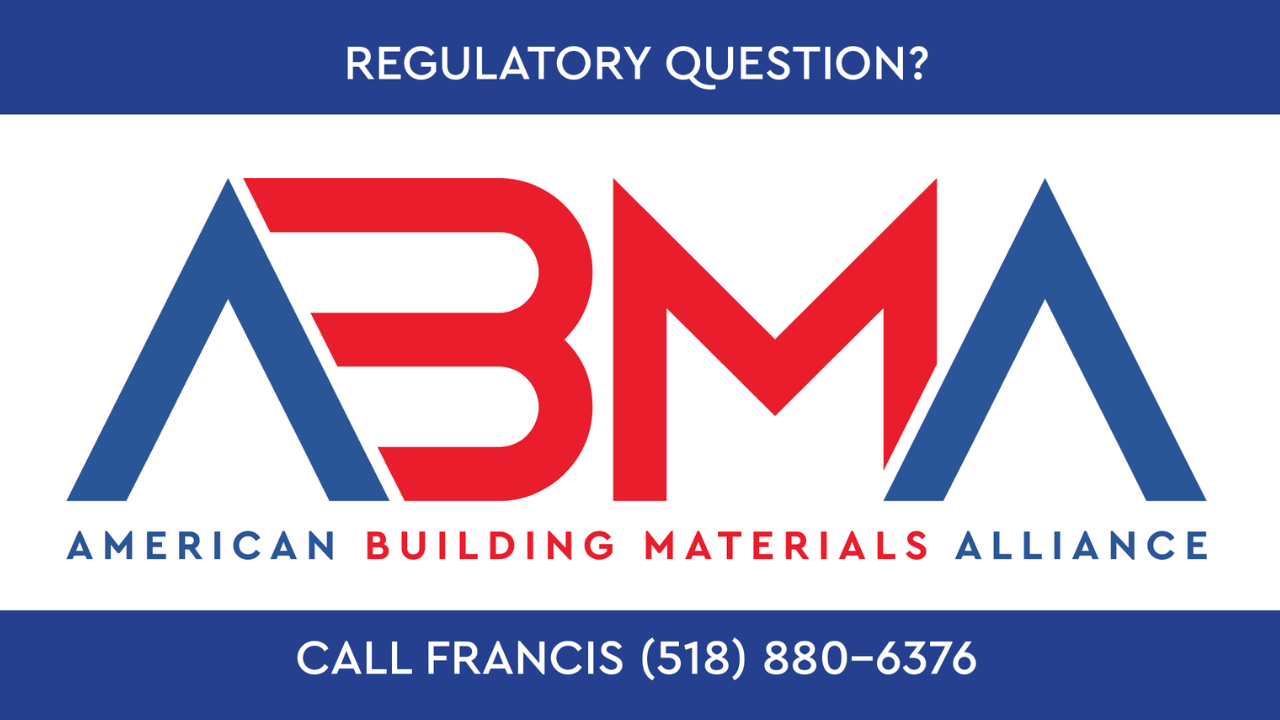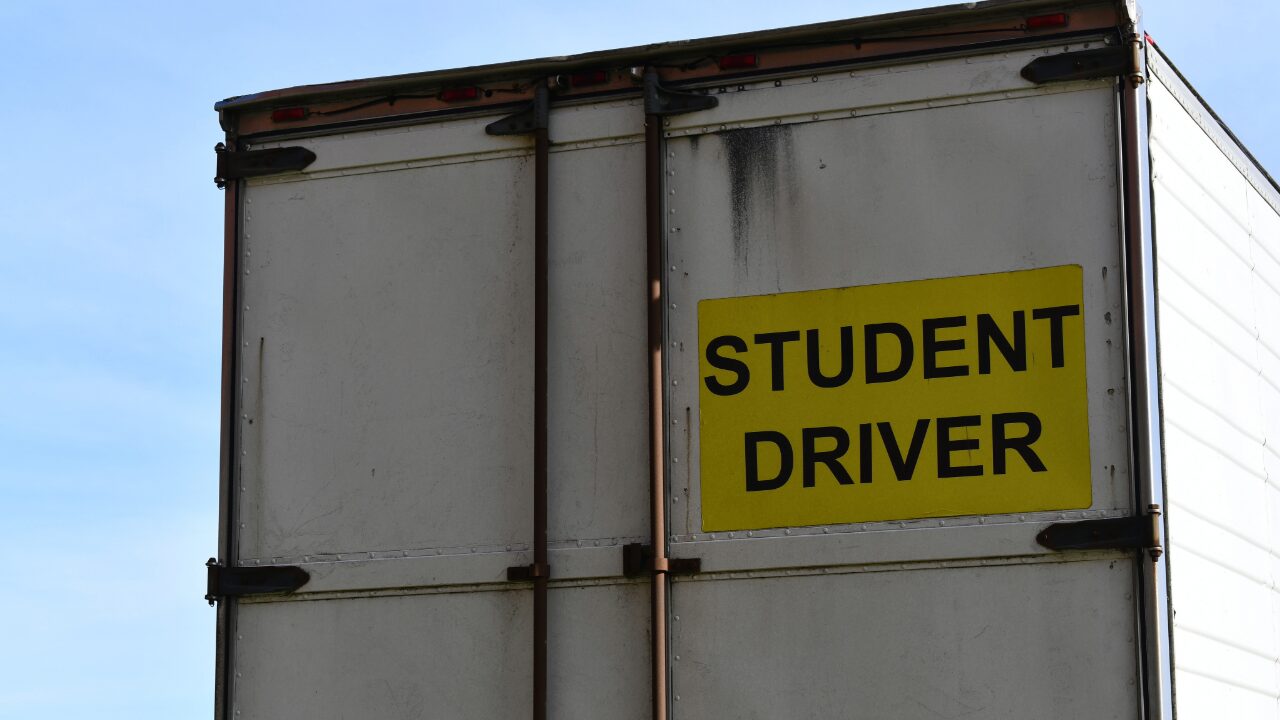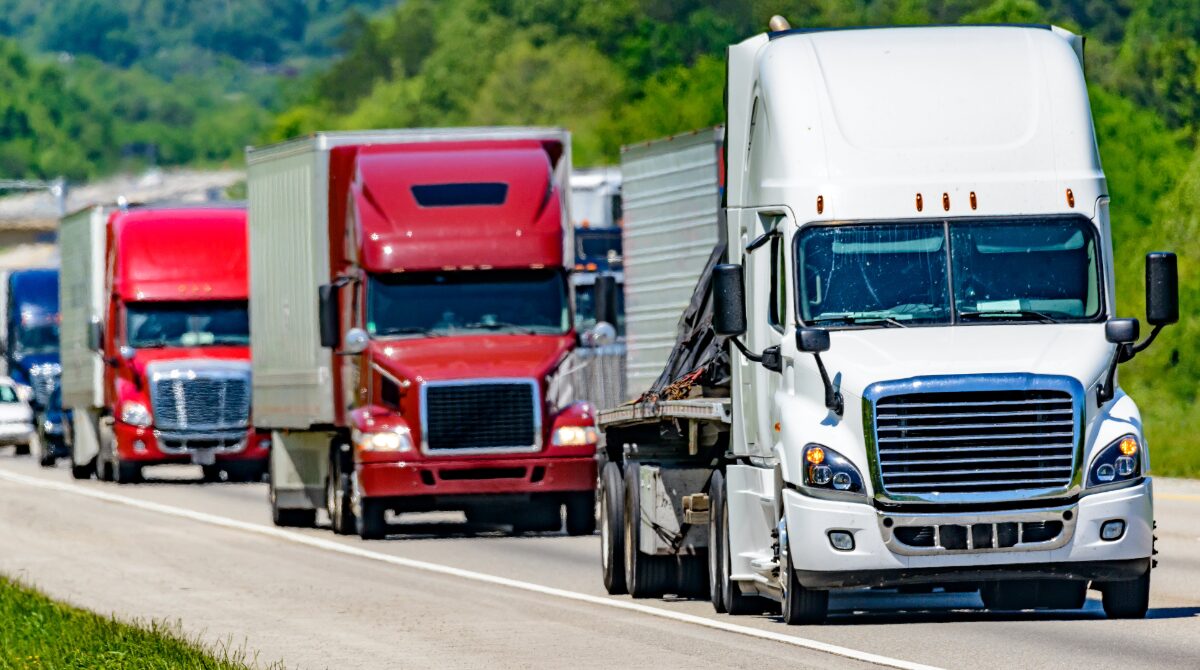As of November 18, 2024, all employers of commercial motor vehicle (CMV) drivers are required to ensure their drivers are registered in the FMCSA Drug and Alcohol Clearinghouse. This new compliance rule enhances roadway safety by tracking drivers’ drug and alcohol program violations. Employers must check the Clearinghouse for current and prospective drivers to verify if they have unresolved violations. The rule applies to motor carriers, staffing agencies, and other employers of CDL drivers. Registration is critical for both employers and drivers to meet these federal requirements.
What is the FMCSA Drug and Alcohol Clearinghouse?
The Clearinghouse is a secure online database that stores information about commercial drivers’ drug and alcohol program violations. It allows employers, law enforcement, and authorized users to identify drivers who are prohibited from operating CMVs due to violations.
Employers use the Clearinghouse to:
- Report violations of drug and alcohol testing regulations.
- Conduct queries to verify drivers’ eligibility to perform safety-sensitive functions, such as operating CMVs.
Queries must be completed:
- Pre-employment: To check for violations before hiring a driver.
- Annually: To ensure current drivers remain eligible.
Employers may designate a Consortium/Third-Party Administrator (C/TPA) to perform queries or report violations on their behalf. Owner-operators must designate a C/TPA in the Clearinghouse.
Clarification for Employers with Drivers in Other DOT Agency Random Testing Pools: Employers must conduct pre-employment and annual Clearinghouse queries for all drivers performing safety-sensitive functions regulated by FMCSA, regardless of whether those drivers are also subject to random testing pools governed by another DOT agency. This ensures that employers stay compliant with FMCSA regulations and confirm the eligibility of their drivers to operate commercial motor vehicles, even if they are subject to additional testing requirements under other DOT regulations.
Recent Updates and Mandatory Participation
The Clearinghouse Phase II, effective November 18, 2024, requires SDLAs to revoke commercial driving privileges for drivers with a “prohibited” status. CDLs will be downgraded until the driver completes the return-to-duty (RTD) process. Local delivery operations (intrastate carriers) may also be impacted if they meet specific FMCSA criteria, such as:
- Operating CMVs with a gross vehicle weight rating (GVWR) of 26,001 pounds or more.
- Transporting hazardous materials requiring placards.
- Transporting 16 or more passengers, including the driver.
For local-only operations, mandatory participation could depend on whether they meet these criteria or if state laws have adopted broader federal rules.
State Compliance and the FMCSA Requirements
By November 18, 2024, states that receive federal funding through the Motor Carrier Safety Assistance Program (MCSAP) must adopt and enforce a state-level rule matching this federal prohibition. States are required to ensure that CLP/CDL holders with drug or alcohol violations are legally barred from driving CMVs within their state.
Important Note: While the FMCSA mentions “states receiving MCSAP grant funds,” it’s crucial to understand that all states receive this funding according to FMCSA’s MCSAP page. This means that this requirement is universal across all 50 U.S. states.
Employer Compliance Guide
Who Needs to Comply?
Employers must participate in the Clearinghouse if they hire drivers who:
- Operate commercial motor vehicles (CMVs) with a GVWR of 26,001 pounds or more.
- Transport hazardous materials requiring placards.
- Drive vehicles designed to transport 16 or more passengers, including the driver.
This applies to both interstate and intrastate operations if the vehicles meet the criteria above. Drivers must also comply if they hold a Commercial Driver’s License (CDL) or Commercial Learner’s Permit (CLP).
Registration Requirements for Employers and Drivers
Both businesses and drivers need to be registered in the FMCSA Drug and Alcohol Clearinghouse to fulfill their respective responsibilities.
- Register as an Employer: Businesses employing CDL drivers must register to conduct pre-employment and annual queries, report violations, and monitor driver eligibility.
- Designate a C/TPA (if applicable): Small businesses or owner-operators may designate a C/TPA to manage Clearinghouse tasks on their behalf.
- Maintain Compliance: Employers must document compliance actions (e.g., query results, violations reported) and retain them for audits.
Driver Responsibilities:
- Register as a Driver: CDL or CLP holders must register to provide consent for full queries initiated by employers and view their own Clearinghouse records.
- Complete the RTD Process (if needed): Drivers with unresolved drug or alcohol violations must complete the RTD process to regain eligibility.
When Existing Employees Must Register
Existing employees who are CDL or CLP holders are not automatically required to register in the FMCSA Drug and Alcohol Clearinghouse unless certain conditions are met:
- Pre-employment Queries: Drivers changing employers after November 18, 2024, must be registered to consent to pre-employment queries.
- RTD Process: Drivers completing the RTD process must register to monitor their progress and ensure compliance.
- Annual Queries: Drivers must register to provide electronic consent for annual queries.
Costs and Payment for Queries
The FMCSA Clearinghouse charges fees for queries:
- Limited Queries: $1.25 per query (annual checks to confirm if a driver has any records in the Clearinghouse).
- Full Queries: $1.25 per query (required for pre-employment checks or if a limited query reveals records).
Employers are responsible for paying for queries, although in some cases, costs may be passed to drivers (e.g., for owner-operators).
Penalties for Non-Compliance
Failure to comply with FMCSA regulations can lead to:
- Fines: Up to $5,833 per violation.
- Business Disruption: Penalties and potential driver disqualifications.
- Reputation Risk: Non-compliance may damage your company’s credibility with regulators and clients.
State-Specific Clearinghouses
Employers do not need to register with state-specific clearinghouses if they are already registered with the FMCSA Drug and Alcohol Clearinghouse. States use the federal database to enforce compliance, meaning there are no additional state-specific Clearinghouses in most cases.
Managing Your Company’s Clearinghouse User Accounts
Employers must register for the FMCSA Clearinghouse and manage their company’s user accounts through the FMCSA Clearinghouse Portal. Here’s how to manage your user accounts:
- Assign Roles: Clearinghouse Administrators manage users and can invite others to serve as Clearinghouse Assistants.
- Account Setup: Employers must create an FMCSA Portal account before registering for the Clearinghouse.
- Monitor and Update Records: Ensure compliance by managing queries and reporting violations as required.
Do you need help with registration? Visit the FMCA’s Before You Register page for guidance.
By understanding the requirements and taking the necessary actions, employers can protect their operations and contribute to safer roads. Ensuring compliance with the FMCSA Drug and Alcohol Clearinghouse is critical to maintaining a safe and legally compliant workforce.
To learn more about the new FMCSA Clearinghouse requirements, visit the FMCSA Clearinghouse FAQs for detailed guidance. You can also reach out to ABMA at info@abmalliance.org for further assistance, download our one-pager for quick reference, or subscribe to The Advocate to stay updated on the latest industry changes.




